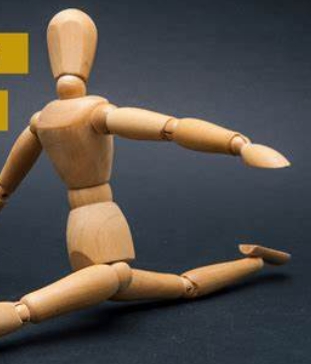When it comes to fitness, many people focus on the intensity of their workouts, thinking that the more they exercise, the faster they’ll see results. However, an often-overlooked component of any effective fitness program is rest and recovery. While it may seem counterintuitive, rest is just as important as the workouts themselves for improving strength, endurance, and overall performance. Rest and recovery allow the body to repair, rebuild, and adapt to the physical stress placed on it during exercise, ultimately helping you progress faster and avoid injury.
After an intense workout, your muscles experience microscopic damage. This is a normal and necessary part of the process, as it stimulates muscle growth and strength development. However, in order to make these muscles stronger, they need time to repair. Without adequate rest, muscles can become fatigued, overtrained, and prone to injury. Recovery periods allow muscles to rebuild, becoming stronger and more resilient than before.
Sleep plays a significant role in the recovery process. During deep sleep, the body produces growth hormone, which is essential for muscle repair and recovery. Inadequate sleep can slow down this process, limiting your gains and reducing performance. Aim for at least 7-9 hours of quality sleep each night to give your body the time it needs to recover properly. If you’re training intensely or have a physically demanding schedule, consider adding more sleep to your routine to support your recovery.
In addition to sleep, active recovery techniques can aid in muscle repair and reduce soreness. Low-intensity activities, such as walking, light cycling, swimming, or yoga, can help increase blood flow to the muscles, speeding up the delivery of oxygen and nutrients that are crucial for recovery. Active recovery also helps reduce muscle stiffness and promotes flexibility, preventing the feeling of tightness that can follow intense exercise.
Stretching and foam rolling are also beneficial recovery methods. Stretching helps maintain flexibility and prevent muscle imbalances, while foam rolling targets areas of tension in the body. Foam rolling, or self-myofascial release, helps break up knots in the muscles and fascia, reducing tightness and promoting mobility. These techniques are especially effective when done post-workout, but can also be incorporated into a recovery routine on rest days.
Another critical recovery element is nutrition. After a workout, your body needs the right nutrients to repair muscles and replenish energy stores. Protein is essential for muscle recovery, as it provides the building blocks necessary for muscle repair and growth. Carbohydrates are also important for restoring glycogen levels in the muscles, particularly after longer or more intense workouts. A balanced post-workout meal containing protein, carbs, and healthy fats will provide the fuel your body needs to recover and prepare for the next session.
Hydration is equally important during the recovery phase. After sweating during exercise, your body loses both water and electrolytes, which need to be replenished to maintain proper muscle function and fluid balance. Make sure to drink water throughout the day, and if you’ve had an intense workout, consider replenishing electrolytes with a sports drink or natural sources like coconut water.
It’s also important to listen to your body and recognize signs of overtraining. While pushing yourself is necessary to progress, too much training without enough rest can lead to burnout, fatigue, and injuries. Signs of overtraining include persistent muscle soreness, irritability, difficulty sleeping, decreased performance, and a lack of motivation to work out. If you experience these symptoms, it may be time to take a few extra rest days and focus on recovery to allow your body to bounce back.
In conclusion, rest and recovery are integral to a successful fitness journey. They allow muscles to repair, reduce the risk of injury, and support overall performance gains. Incorporating adequate rest, sleep, active recovery, proper nutrition, and hydration into your routine will ensure that you progress safely and effectively toward your fitness goals. Remember, balance is key—while exercise challenges and strengthens the body, rest is the phase where the true growth happens.





